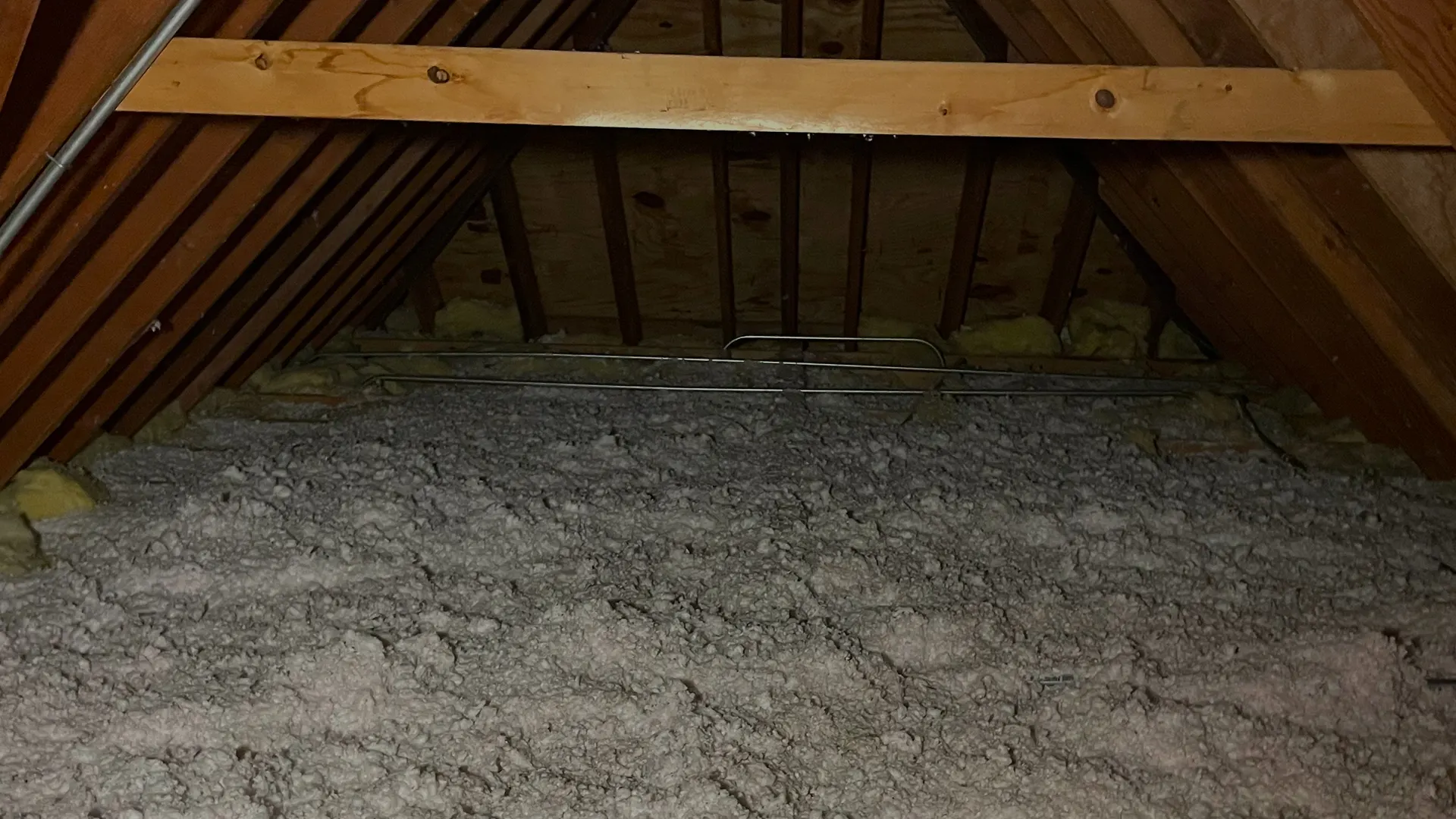
Eco Friendly Insulation






Request a Quote Today

What is Eco Friendly Insulation?
It involves using insulation products that are made from renewable or recycled materials and have low or no VOC (Volatile Organic Compounds) emissions. Common eco-friendly insulation materials include recycled denim, cellulose, wool, cork, and natural fibers.
If you want to know more, feel free to contact us, and we will be happy to assist you.

Type of Eco Friendly Insulation
There are multiple kinds of insulation that work if you are looking to
insulate your house.

Fire safety
This will slow the spread of a fire allowing you more time to escape any danger. This is because cellulose is specially treated using Borate Compound Chemicals as a fire retardant in the manufacturing process to meet or exceed all fire safety requirements.





















.svg)
.svg)
.svg)
.svg)
.svg)
.svg)
.svg)
.svg)
.svg)
.svg)
.svg)
.svg)
.svg)
.svg)

.svg)
.svg)
.svg)
.svg)
-1.svg)
.svg)
.svg)
















